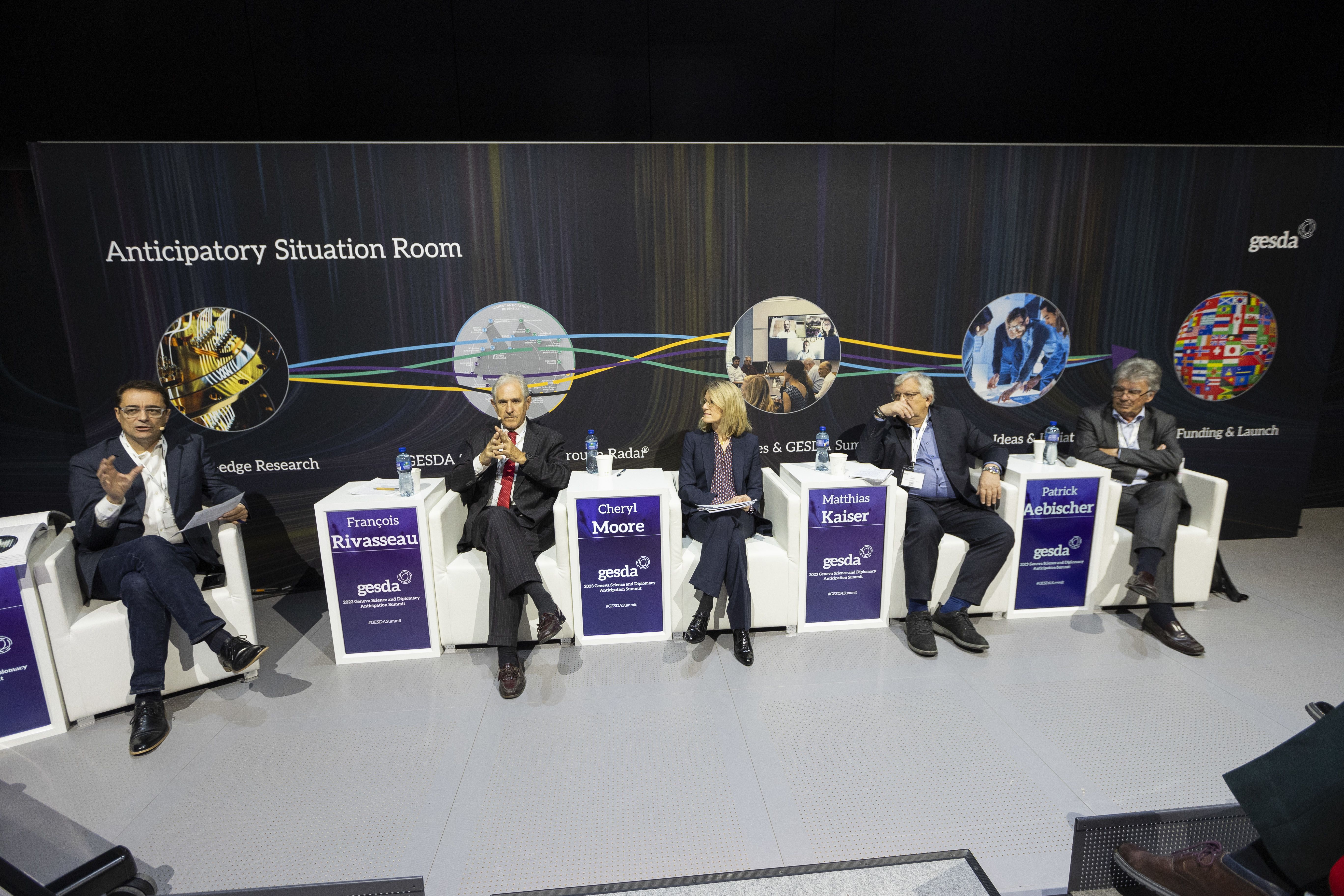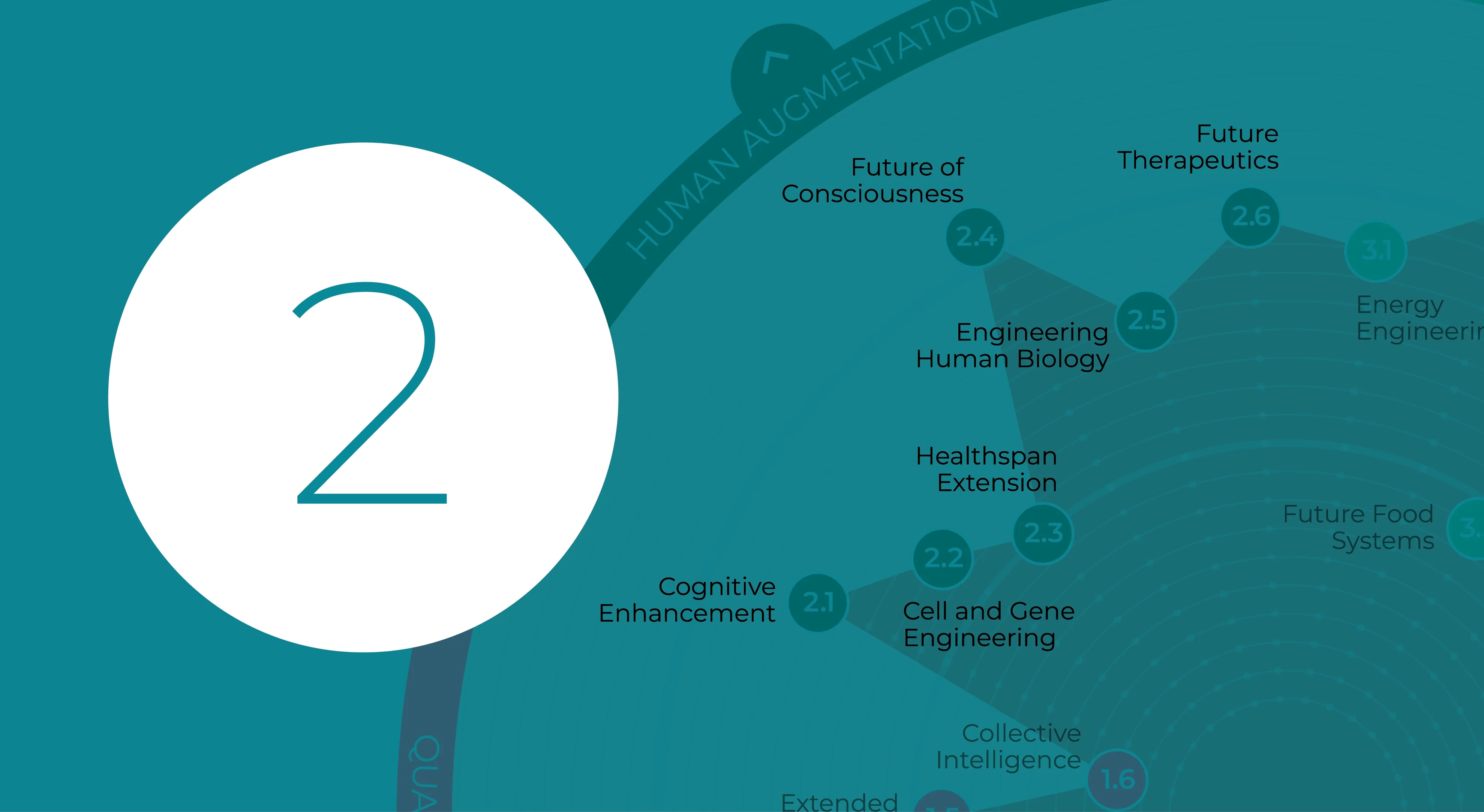Robin Lovell-Badge is a senior group leader and head of the Laboratory of Stem Cell Biology and Developmental Genetics at the Francis Crick Institute. He obtained his BSc in zoology at University College, London in 1975.
He obtained his PhD in embryology at University College London in 1978, carrying out mouse stem cell and embryo research with Martin Evans.
After postdoctoral research in Cambridge, also with Martin Evans, and then in Paris, he established his independent laboratory in 1982 at the Medical Research Council (MRC) Mammalian Development Unit, University College, London, directed by Anne McLaren. In 1988 he moved to the MRC National Institute for Medical Research (now part of the Francis Crick Institute), becoming Head of Division in 1993. His lab relocated to the new Francis Crick Institute in October 2016.
He was elected a member of EMBO in 1993, a Fellow of the Academy of Medical Sciences in 1999, and a fellow of the Royal Society in 2001. He is a Fellow of the Royal Society of Arts (FRSA, elected 2002), and a Fellow of the Royal Society of Biology (elected 2011). He has received the Louis Jeantet Prize for Medicine (1995), the Amory Prize (Awarded by the American Academy of Arts and Sciences) (1996), the Feldberg Foundation Prize (2008), and the Waddington Medal of the British Society for Developmental Biology (2010).
He has been a Visiting Professor, Faculty of Medical Sciences, University of Hong Kong, Hong Kong, since January 1996; an Honorary Professor, Faculty of Biomedical Sciences, University College, London, since April 2003, and a Visiting Professor, Division of Craniofacial Development and Stem Cell Biology, Dental Institute, King’s College London, since September 2016. He was a Distinguished Visiting Professor (2009-2015), and is now a Special Visiting Professor at the University of Hong Kong. He is President of the Institute of Animal Technologists. He was awarded a CBE in the 2018 New Year’s Honours List.
He is also very active in both public engagement and policy work, notably around stem cells, genetics, human embryo and animal research, and in the ways science is regulated and disseminated.








